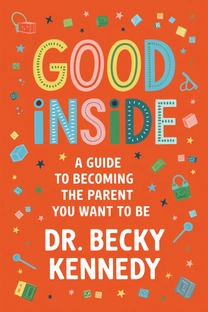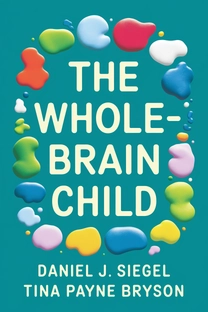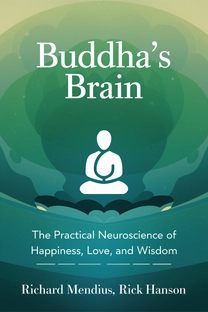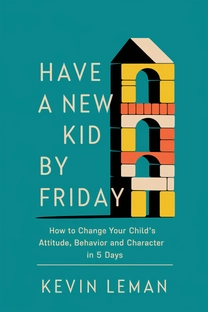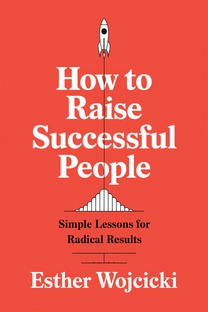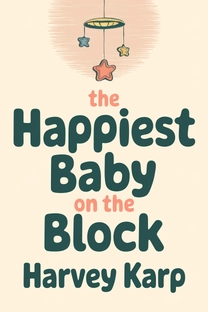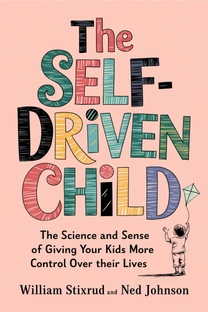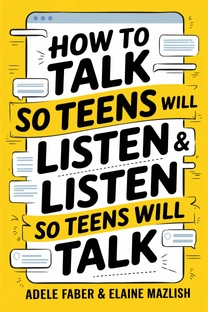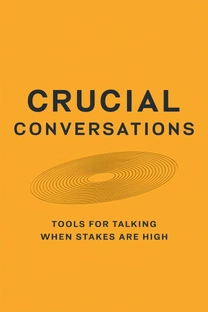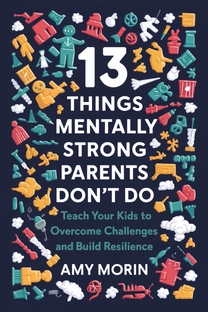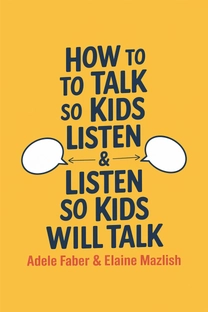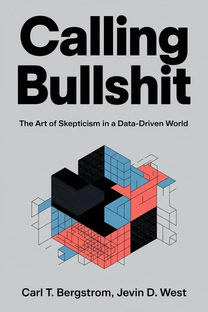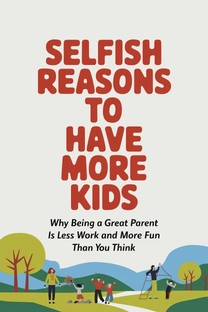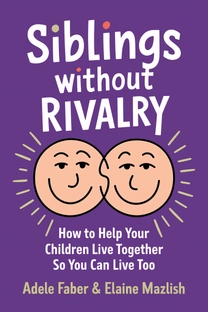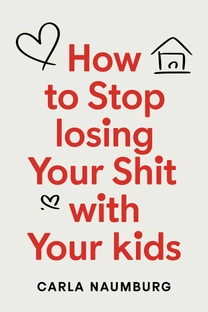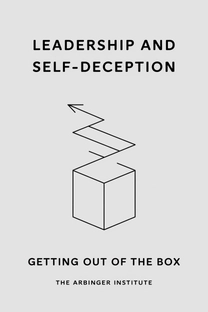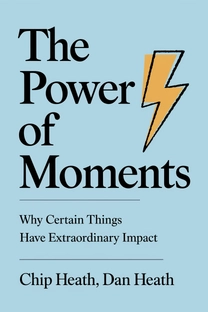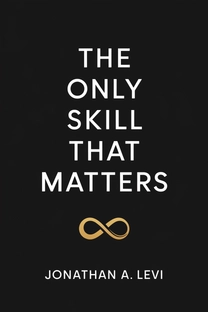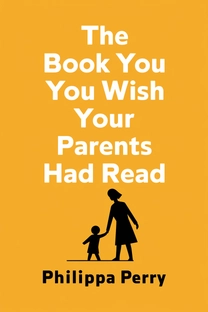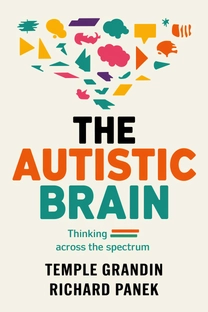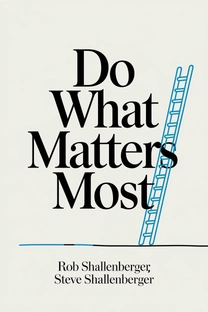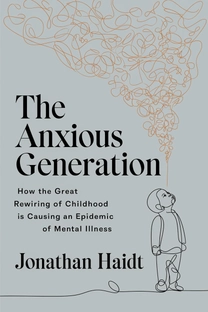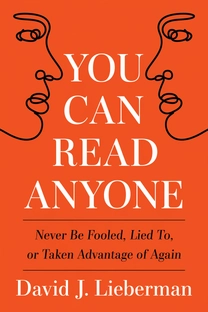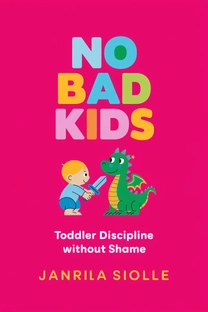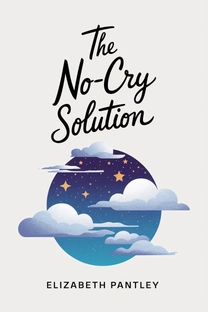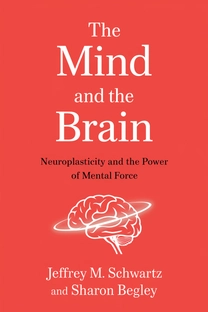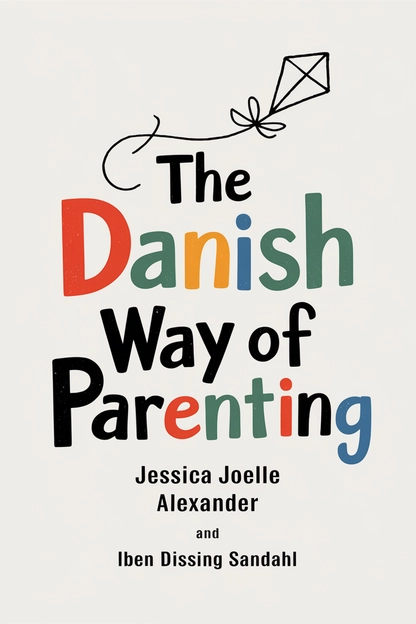
The Danish Way of Parenting
What the Happiest People in the World Know About Raising Confident, Capable Kids
by Jessica Joelle Alexander, Iben Dissing Sandahl
Brief overview
This book provides a revealing look at how Danish parents nurture compassionate, emotionally secure children who develop lifelong resilience. It presents core ideas, such as free play and empathetic communication, to strengthen kids’ stability and confidence. Together, these practices pave the way toward a happier, more balanced family life.
Introduction
Most parents strive to raise children who can handle life’s ups and downs with grace. Interestingly, Denmark has been recognized for decades as home to some of the world’s happiest people. Their parenting principles, shaped by trust and empathy, focus on building emotional security. In this summary, we’ll explore core Danish strategies, from nurturing creativity through unstructured play to setting balanced boundaries without ultimatums. You’ll see why these methods foster resilience, security, and a strong sense of community. Whether you’re looking to enrich your own parenting approach or simply curious about the secrets behind Denmark’s contented families, you’ll find insights here. The Danish Way invites you to look at familiar situations differently and discover simple, powerful shifts that fuel genuine self-esteem and lifelong happiness.
By taking a step back from strict programs and focusing on teaching adaptability, families can learn how to maintain warmth even in the face of conflict. The Danish philosophy embraces children’s emotional needs while reinforcing the idea that they’re capable of managing challenges on their own. As you read, remain open to seeing your routines and habits from a fresh angle. Approaching them with a Danish lens can unveil remarkable new possibilities, transforming home life for the better.
Play: The Key to Building Resilience
Danish culture places a strong emphasis on free play, where children learn to negotiate rules, test their abilities, and gauge appropriate risks. This approach reflects the idea that unstructured play fosters adaptability: kids discover how to cope with minor stresses like falling or losing, preparing them for bigger life challenges.
Studies in animal behavior show that play helps develop social and emotional skills. In humans, free play similarly lets children handle emotions like frustration or anger in a setting they largely control. Over time, kids who engage in healthy play are better at handling adversities—large and small—without feeling overwhelmed.
Instead of organizing every moment with classes or structured activities, Danish parents encourage kids to explore their surroundings or invent their own games. This nurtures the self-confidence that blossoms from overcoming small obstacles. Parents remain nearby to supervise but intervene only if necessary, allowing children to become more self-reliant and courageous.
What is The Danish Way of Parenting about?
In "The Danish Way of Parenting: What the Happiest People in the World Know About Raising Confident, Capable Kids," authors Jessica Joelle Alexander and Iben Dissing Sandahl dissect the nurturing methodologies employed by Danish parents that contribute to raising emotionally secure and resilient children. Central to their exploration are the principles of free play, empathetic communication, and democratic discipline. These practices weave a tapestry of stability and confidence that not only benefits individual children but enhances family life as a whole.
The book establishes itself not just as a parenting manual, but as an impactful narrative advocating for emotionally intelligent and well-adapted human beings. By offering a compelling alternative to more controlling or authoritarian approaches, it prompts readers to consider authenticity and empathy as foundational blocks for child development. Promoting happiness and well-being, the Danish parenting tactics can transform family dynamics, ensuring longevity in the virtues they teach.
Review of The Danish Way of Parenting
"The Danish Way of Parenting" shines as a beacon for parents seeking to raise confident, self-assured children grounded in authenticity, empathy, and collaborative growth. One of the book's key strengths lies in its dissection of each principle through realistic examples that make its teachings both applicable and compelling. The authors embrace a warm and inviting tone that captivates readers, bridging Scandinavian wisdom with universal accessibility.
At its heart, the book advocates for practices such as free play and reframing challenges, helping children develop resilience and creative problem-solving skills. Each principle aligns with fostering children's innate abilities rather than imposing external controls. This participatory approach to parenting underscores the importance of intrinsic motivation and places emphasis on a child's capacity to navigate the complexities of life.
Particularly appealing is the book's democratic ethos. By steering clear of authoritarian ultimatums and leaning into shared family goals, "The Danish Way" positions parents not as enforcers but as guides who cultivate independence and collaboration. It stands as a valuable resource for professionals and parents, encouraging readers to view parental guidance as an enduring endeavor toward mutual growth. Its engaging prose and heartfelt principles make it not only a recommended read but a crucial companion to any parenting library.
Who should read The Danish Way of Parenting?
- Parents seeking emotionally intelligent child-rearing techniques that foster independence and resilience.
- Educators looking for insights into supporting social-emotional learning frameworks in the classroom.
- Psychologists and child development professionals interested in cross-cultural approaches to foster well-being in children.
- Caregivers and family coaches seeking effective strategies to create nurturing, empathetic environments.
- Cultural enthusiasts curious about global parenting practices and their impact on family dynamics.
About the author
Book summaries like The Danish Way of Parenting
Why readers love Mindleap
10-Minute Book Insights
Get the core ideas from the world's best books in just 10 minutes of reading or listening.
Curated For You
Discover your next favorite book with personalized recommendations based on your interests.
AI Book ExpertNew
Chat with our AI to help find the best book for you and your goals.
Reviews of MindLeap
Love how I can get the key ideas from books in just 15 minutes! Perfect for my busy schedule and helps me decide which books to read in full.
Alex R.
The summaries are incredibly well-written and the audio feature is perfect for my commute. Such a time-saver!
Jessica M.
Great app for personal growth. The insights are clear and actionable, and I love how they capture the essence of each book.
Chris P.
The app is beautifully designed and the summaries are top-notch. Definitely worth every penny!
Sarah K.


